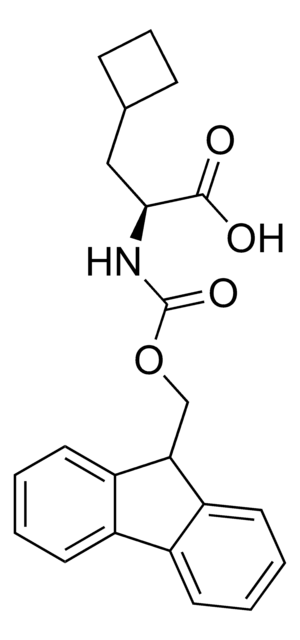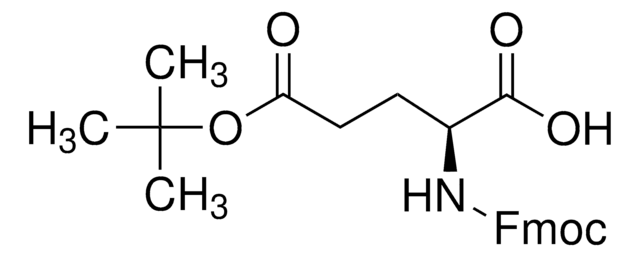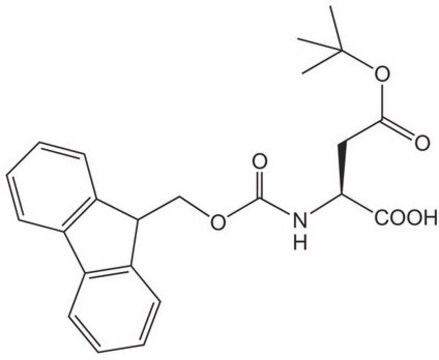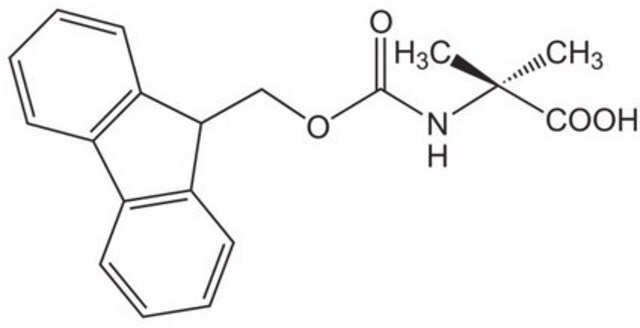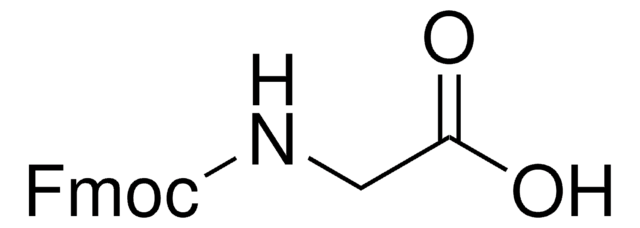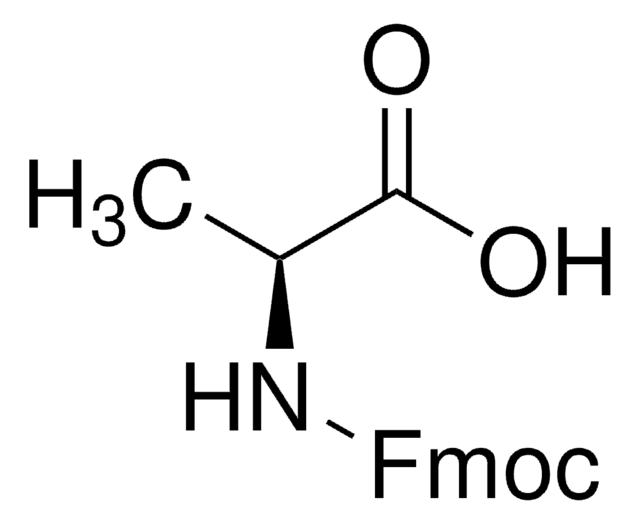860203O
Avanti
18:1 Phosphatidylbutanol
1,2-dioleoyl-sn-glycero-3-phosphobutanol (sodium salt), neat oil
Synonym(s):
1,2-di-(9Z-octadecenoyl)-sn-glycero-3-phosphobutanol (sodium salt)
About This Item
Recommended Products
Assay
>99% (TLC)
form
liquid
packaging
pkg of 1 × 25 mg (860203O-25mg)
manufacturer/tradename
Avanti Research™ - A Croda Brand 860203O
shipped in
dry ice
storage temp.
−20°C
SMILES string
[H][C@@](COP([O-])(OCCCC)=O)(OC(CCCCCCC/C=C\CCCCCCCC)=O)COC(CCCCCCC/C=C\CCCCCCCC)=O.[Na+]
InChI
1S/C43H81O8P.Na/c1-4-7-10-12-14-16-18-20-22-24-26-28-30-32-34-36-42(44)48-39-41(40-50-52(46,47)49-38-9-6-3)51-43(45)37-35-33-31-29-27-25-23-21-19-17-15-13-11-8-5-2;/h20-23,41H,4-19,24-40H2,1-3H3,(H,46,47);/q;+1/p-1/b22-20-,23-21-;/t41-;/m1./s1
InChI key
BXQFBLMPDPPGFW-RLWYHRQISA-M
Application
- to monitor the changes in phosphatidic acid (PA) dynamics in pollen tube after pharmacological treatments
- as an internal standard for extraction of phospholipids from whole blood
- as a standard to measure phospholipase D (PLD) activity in rat 2 fibroblasts by thin layer chromatograpghy (TLC)
Packaging
Legal Information
Storage Class Code
10 - Combustible liquids
WGK
WGK 3
Regulatory Listings
Regulatory Listings are mainly provided for chemical products. Only limited information can be provided here for non-chemical products. No entry means none of the components are listed. It is the user’s obligation to ensure the safe and legal use of the product.
JAN Code
860203O-BULK:
860203O-VAR:
860203O-25MG:
Certificates of Analysis (COA)
Search for Certificates of Analysis (COA) by entering the products Lot/Batch Number. Lot and Batch Numbers can be found on a product’s label following the words ‘Lot’ or ‘Batch’.
Already Own This Product?
Find documentation for the products that you have recently purchased in the Document Library.
Our team of scientists has experience in all areas of research including Life Science, Material Science, Chemical Synthesis, Chromatography, Analytical and many others.
Contact Technical Service